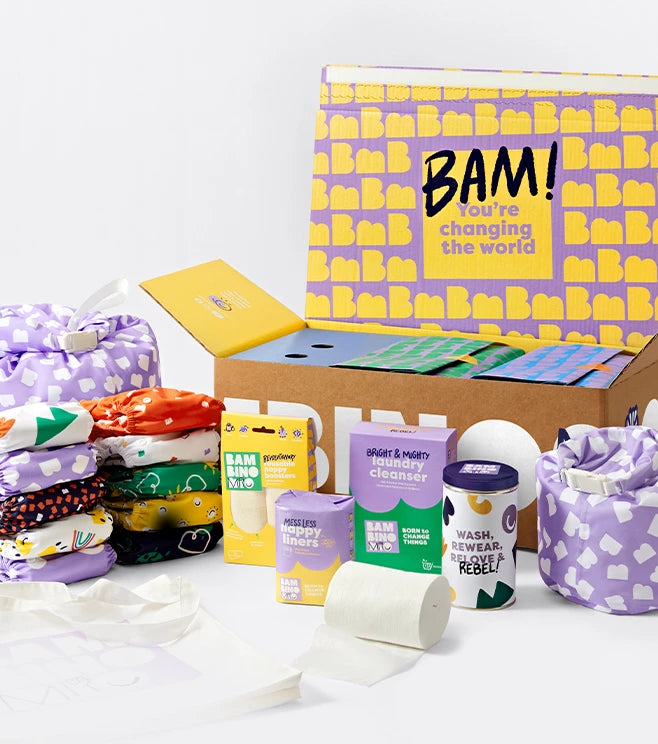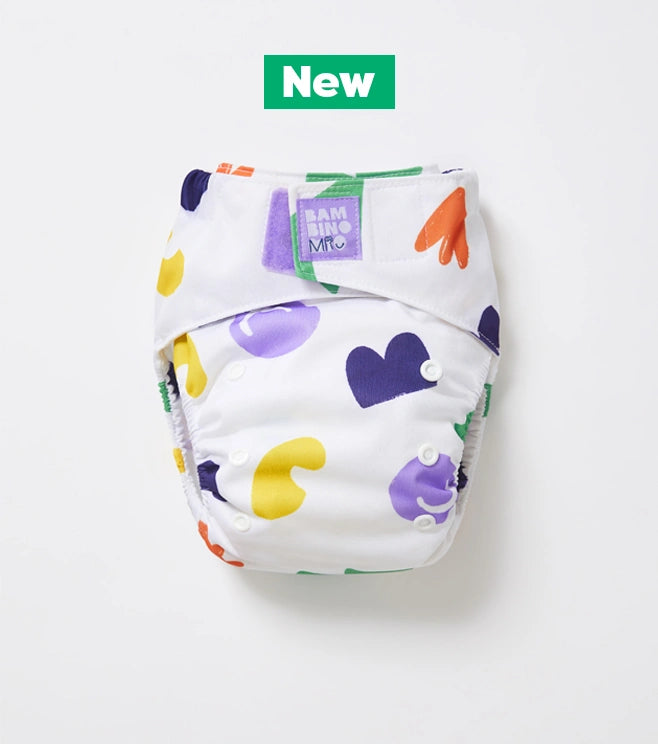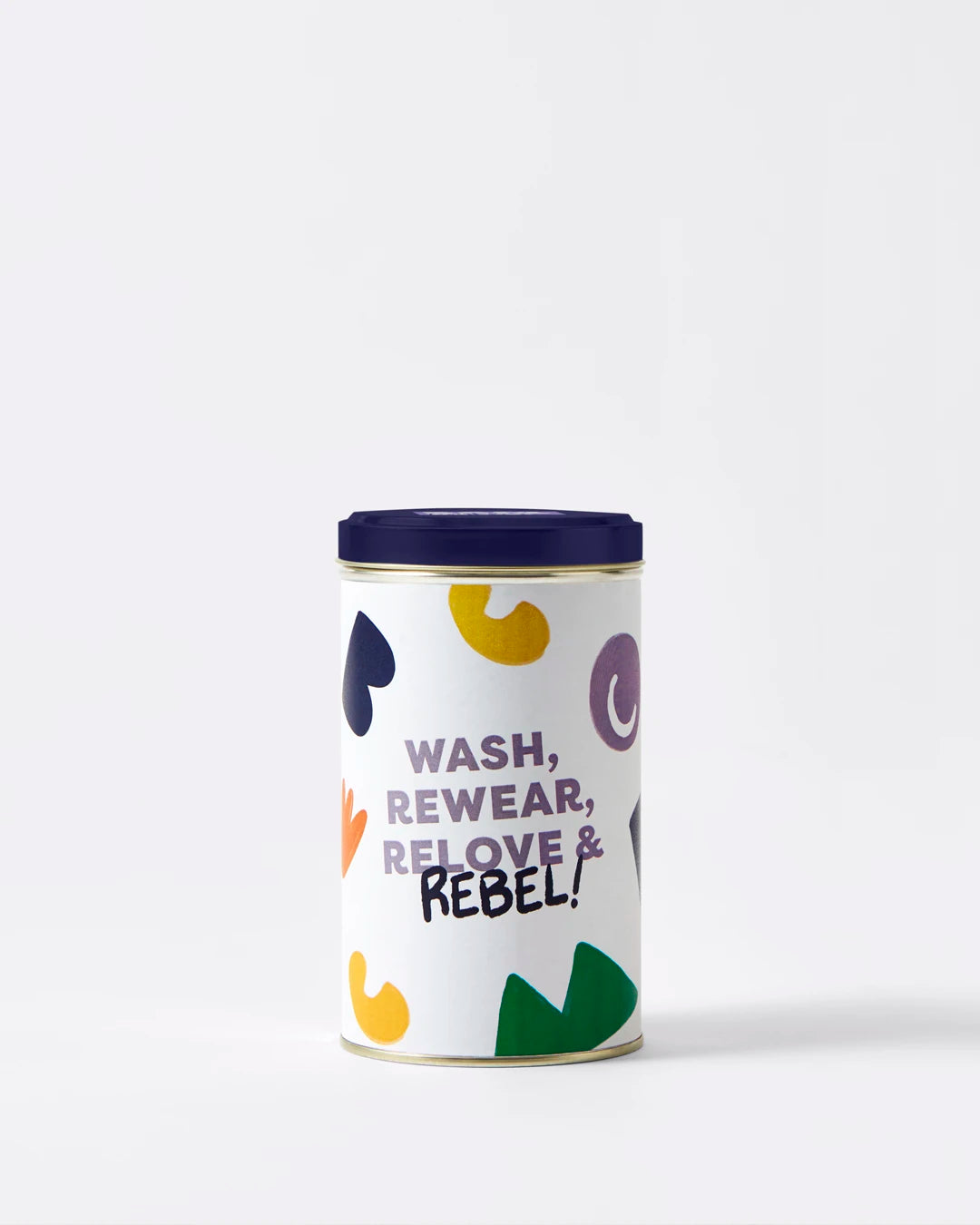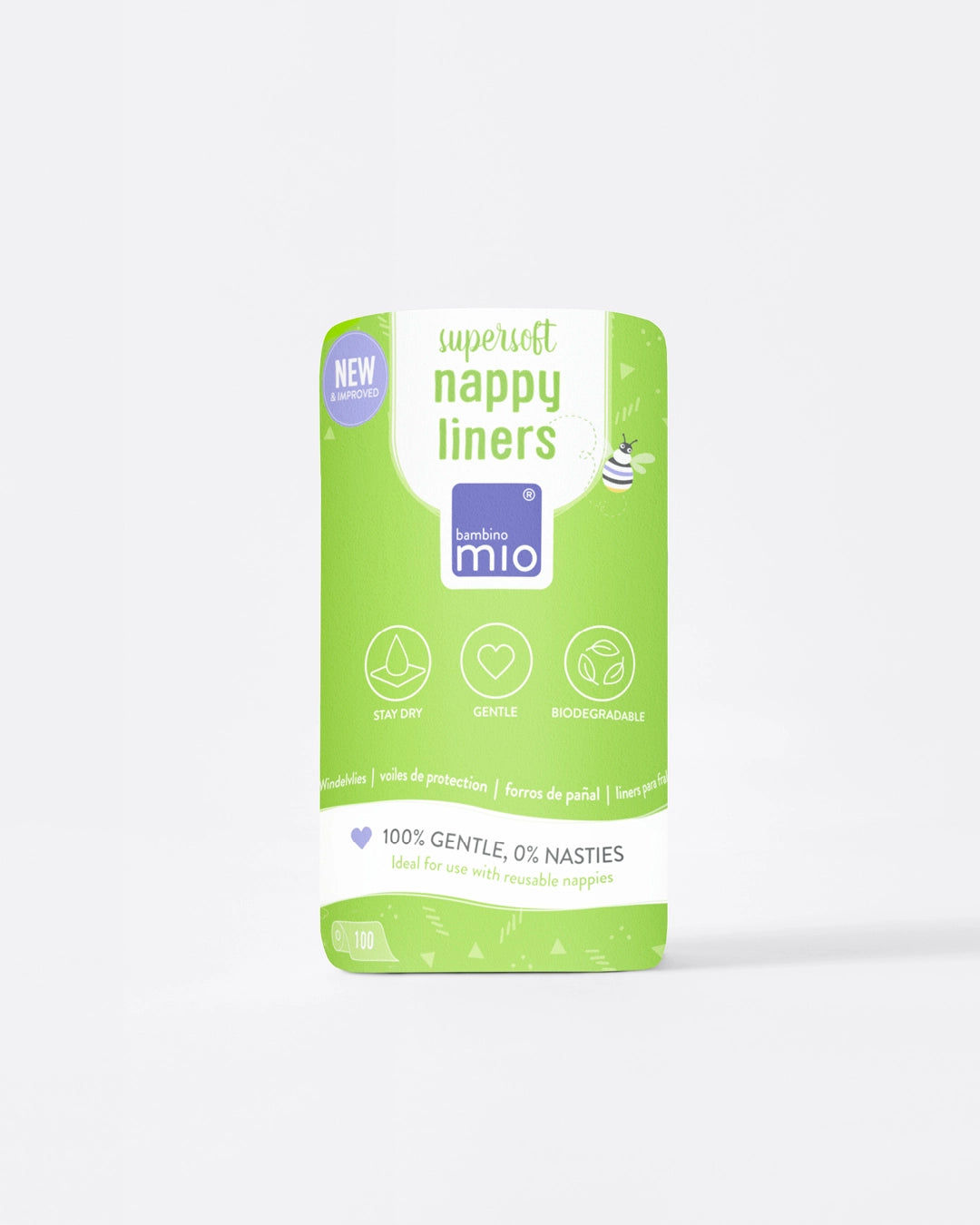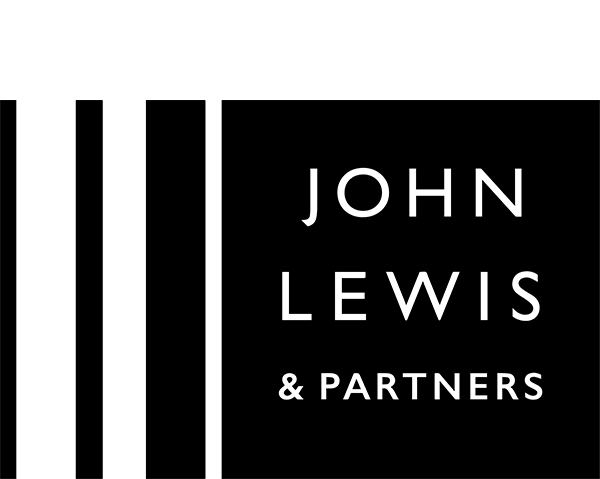The Importance of a Feeding Schedule
Share Options
- Bambino Mio
- 29 / 09 / 2023

For your attention: The nutritional information within this article is intended solely for general informational purposes. It is not to be considered as a replacement for tailored medical advice from a certified healthcare professional. It is imperative to consult with your paediatrician or a qualified medical expert before introducing new food items such as fish or nuts into your infant's dietary regimen, especially if there are pre-existing health concerns or a familial history of allergies.
Inside this Article:
- Responsive, or on-demand, feeding
- Responsive feeding helps to improve breast milk supply
- Bottle feeding can also be responsive feeding
- There is a place for scheduled feeding
- Solid foods mean the start of feeding schedules for your baby
- Some new babies might need some scheduled feeds
- Citations and References
Many new parents hear lots about the importance of establishing a feeding schedule for their baby, but there’s actually no rush to start or follow a set schedule in the early days.
In fact, the only person who should be setting a feeding schedule is your baby, as on-demand, or responsive, feeding is the best way to go during the first six months of your baby’s life.
Find out more about how important a feeding schedule, whether you should set one and when.
Responsive, or on-demand, feeding
On-demand, or responsive, feeding is the recommended way (1) to feed your baby during the first six months. The way you feed your baby during early childhood can influence their relationship with food as they get older (2) so you can make sure they have a good one from the get-go.
Responsive feeding helps to improve breast milk supply
For breastfeeding mothers, breast stimulation triggers milk supply, so the more your hungry baby goes to feed the better in terms of getting a full supply. (2)
If you’re breastfeeding, on-demand feeding provides enough breast stimulation to increase and maintain a good supply of milk (3).
Bottle feeding can also be responsive feeding
You can also bottle feed responsively (4) and it’s recommended as much as on-demand breastfeeding so that babies learn to regulate their appetites. They learn to ask for food, which is offered to them promptly and reliably and to stop feeding when they’re full.
Responsive feeding reduces the risk of overfeeding and encourages the bond between you and your baby, as well as making sure they get all the milk they need to grow and thrive.
Baby feeding schedules can wait a bit longer
While the idea of a feeding schedule for a new baby might seem to be a good thing, feeding time is about so much more than delivering the milk. Feeding your baby is also about building trust and fostering a sense of security for your baby (5). By responding to their signs of hunger and fullness, you let them know that they’re safe and that their needs will be met.
On-demand feeding can actually cause much less stress than scheduled feeding because your baby doesn’t have to keep crying for food and you don’t have to listen to your baby crying for food.
There is a place for scheduled feeding
Strictly scheduled feeding for babies is a relatively recent idea which was touted during the mid 20th century to make life easier and more predictable for mums. With on-demand feeding, you’ll actually still have a schedule, as after a while you’ll be able to predict when your baby will next need a feed.
There is a good time to introduce scheduled feeding for your baby, however and that’s when you introduce solid food at around six months (6).
Solid foods mean the start of feeding schedules for your baby
This is a great time to start a feeding schedule for your baby as they’re still getting most of their calories and nutrition from milk but they’re also old enough to join the family at set mealtimes.
Set solid food schedules are great for mum as baby won’t go hungry because milk is still on demand, but there’s no need to incorporate two or three extra meal times during the day.
Weaning is also great for your baby, as they get to eat with the family and try all sorts of new tastes and textures.
Some new babies might need some scheduled feeds
If your baby hasn’t been well, was born prematurely or is very sleepy, then your midwife, GP or paediatrician will probably recommend that you offer some scheduled breast or bottle feeds as well as responsive feeds (7).
These scheduled feeds might involve waking your baby or offering milk when they don’t seem hungry to ensure excessive sleepiness or illness doesn’t prevent your baby from feeding enough.
Citations and References
(1) National Health Service (NHS). ‘Start For Life. Bottle Feeding Your Baby. Feeding on Demand.’ Web. www.nhs.uk/start-for-life/baby/feeding-your-baby/bottle-feeding/bottle-feeding-your-baby/feeding-on-demand
(2) National Institutes of Health (NIH). National Library of Medicine. ‘The Role of Responsive Feeding in Overweight During Infancy and Toddlerhood: a Systematic Review.’ 2011. Web. www.ncbi.nlm.nih.gov/pmc/articles/PMC6598438/
(3) Cleveland Clinic. ‘Prolactin.’ 2022. Web. /my.clevelandclinic.org/health/articles/22429-prolactin
(4) National Health Service (NHS). ‘Responsive Feeding.’ 2014. Web. www.nhstayside.scot.nhs.uk/OurServicesA-Z/MaternityServices/PROD_341818/index.htm
(5) National Institutes of Health (NIH). National Library of Medicine. ‘Responsive Feeding is Embedded in a Theoretical Framework of Responsive Parenting.’ 2011. Web. www.ncbi.nlm.nih.gov/pmc/articles/PMC3040905
(6) National Health Service (NHS). ‘Weaning and Feeding. Your Baby’s First Solid Foods.’ 2022. Web. www.nhs.uk/conditions/baby/weaning-and-feeding/babys-first-solid-foods
(7) La Leche League. ‘Sleepy Baby - Why and What to Do.’ 2022. Web. www.laleche.org.uk/sleepy-baby-why-and-what-to-do


